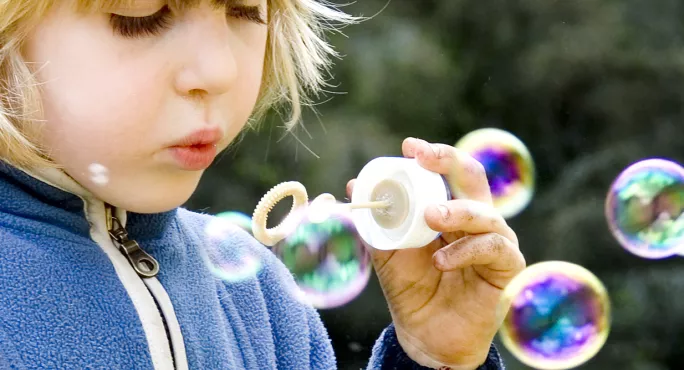Before I was a teacher, I used to work in theatre. I was a general manager for lovely, big touring musicals that went around the world bringing sing-song Saturday-night joy. In that industry there is a clear divide between “The Creatives” and the rest. The Creatives do things like direct, design, write, compose, perform - and everyone else does everything else. It was crystal clear whether you were a Creative or not.
Having spent the past five years in teaching, I am still staggered by the regularity with which I hear teachers utter the phrase “oh wow, I couldn’t do that, I am just not that creative”. It is usually because they are looking at a display board on which someone has fashioned a surprisingly impressive 3D polar bear or because someone has drawn a slightly wonky picture of something on a smartboard in an effort to convey a concept to their class.
Well, I am here to tell you that, despite having moved from “the creative industries” into teaching, I have never, in all my life, met a more creative profession.
Let us examine for a moment the excellent Education Scotland infographic, “What are creativity skills?” This lists four skills: curiosity, open-mindedness, imagination and problem-solving. I love this breakdown of what it means to be creative - it really clearly defines the skills I am seeking to develop in my learners. And yes, all of these things are likely to be present if you are a practising artist or a circus performer, but they are also present in spades in the kind of person I meet every day in teaching in Scotland.
“Curiosity” is broken down further as follows: “[Being] constructively inquisitive…registering patterns and anomalies, making use of previous knowledge, researching productively, formulating good questions.”
This reads to me like a literal description of what we do every day. Think about all those times when you were working with a particular child and you were trying to figure out why they were struggling to grasp a concept, and what you could do to close that gap for them. You watched them inquisitively, you registered the elements of the idea they were engaging with and the elements that they were finding tricky; you thought about previous children you had met who experienced a similar problem, and about how you had been able to support them; you spoke to colleagues, gathered information and asked the right questions until you were able to find a way to support this specific child with this specific idea.
Go take a look at that graphic. We are a profession full of curious, open-minded and imaginative problem solvers, and we should feel incredibly proud of that. Every day we direct, design, write, compose and perform in all of our classrooms. You are all part of The Creatives - and you should never tell yourself otherwise.
Susannah Jeffries is a former non-creative-and-proud primary teacher in Edinburgh. She tweets @MrsJTeaches




